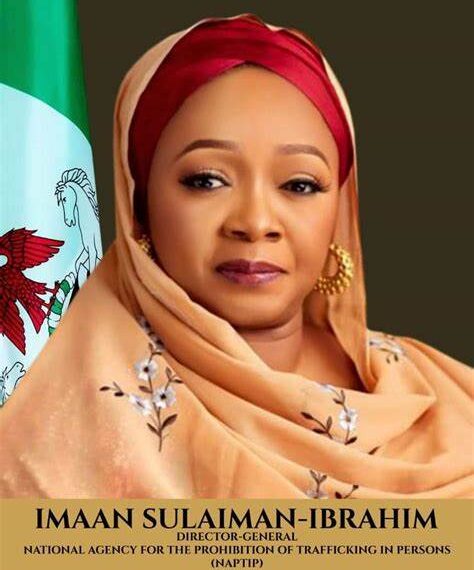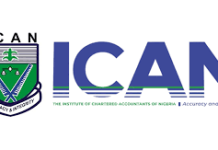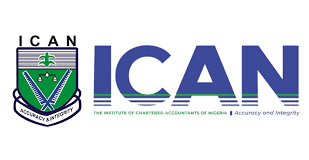The Minister of Women Affairs, Hajiya Imaan Sulaiman-Ibrahim, says closing gender gaps in Nigeria can boost the country’s Gross Domestic Product (GDP) by N15 trillion annually by 2025.
Speaking at the joint UN Accountability Forum and Orange/Lighting Ceremony in Abuja on Thursday, themed “Towards Beijing +30: Unite to End Violence Against Women and Girls”, the minister emphasizes the transformative impact of gender equality on economic growth and societal development.
“Research shows that countries with greater gender equality experience faster economic growth, better governance, and more stable societies. For Nigeria, bridging these gaps has the potential to add N15 trillion to our GDP annually by 2025,” she says.
Addressing Inequalities in Leadership
Sulaiman-Ibrahim points out that while women make up 49% of Nigeria’s population and own 41% of small and medium-scale enterprises (SMEs), they remain underrepresented in leadership positions. Only 22% hold senior roles, and just 3.6% occupy parliamentary seats.
“These disparities highlight untapped potential. Harnessing this could significantly accelerate Nigeria’s development,” she notes.
The minister also stresses the importance of reassessing strategies to achieve the objectives of the Beijing Declaration and Platform for Action, which is approaching its 30th anniversary.
“This event serves as a platform to evaluate our progress, refine our approaches, and reaffirm our dedication to gender equality and the elimination of violence against women and girls,” she says.
Progress Against Gender-Based Violence
Dr. Felicia Onibon, Nigeria Report Consultant, highlights achievements outlined in the Nigeria Beijing Report, a document that reviews progress over the last five years on the Sustainable Development Goals (SDGs) and the Beijing Platform for Action.
She calls on development partners to support the government in addressing gaps and implementing strategic solutions.
Nesreen Elmolla, Deputy Representative of UN Women, commends Nigeria for operationalizing the Violence Against Persons Prohibition (VAPP) Act, now active in 35 states. She describes this as a significant milestone in the fight against gender-based violence (GBV).
“The orange and lighting ceremony symbolizes hope, unity, and our shared vision for a future free of violence. Let us reaffirm our commitment to building a Nigeria where justice and prosperity are accessible to all,” Elmolla says.
Call for Collaboration
Speakers at the event underline the need for partnerships and sustained efforts to end gender-based violence and promote equality.
UNESCO’s Country Representative in Nigeria, Abdourahamane Diablo, reiterates their commitment to advancing gender equality through education and addressing GBV.
Francis Koessan, Deputy Representative of UNFPA, calls for stronger collaboration among stakeholders, engagement with men and boys, and investments in prevention strategies to protect women and girls.
Cheikh Toure, UNODC Representative in Nigeria, states, “Turning commitments into concrete outcomes is essential to creating a society where women and girls can live free from violence, fear, and inequality.”













